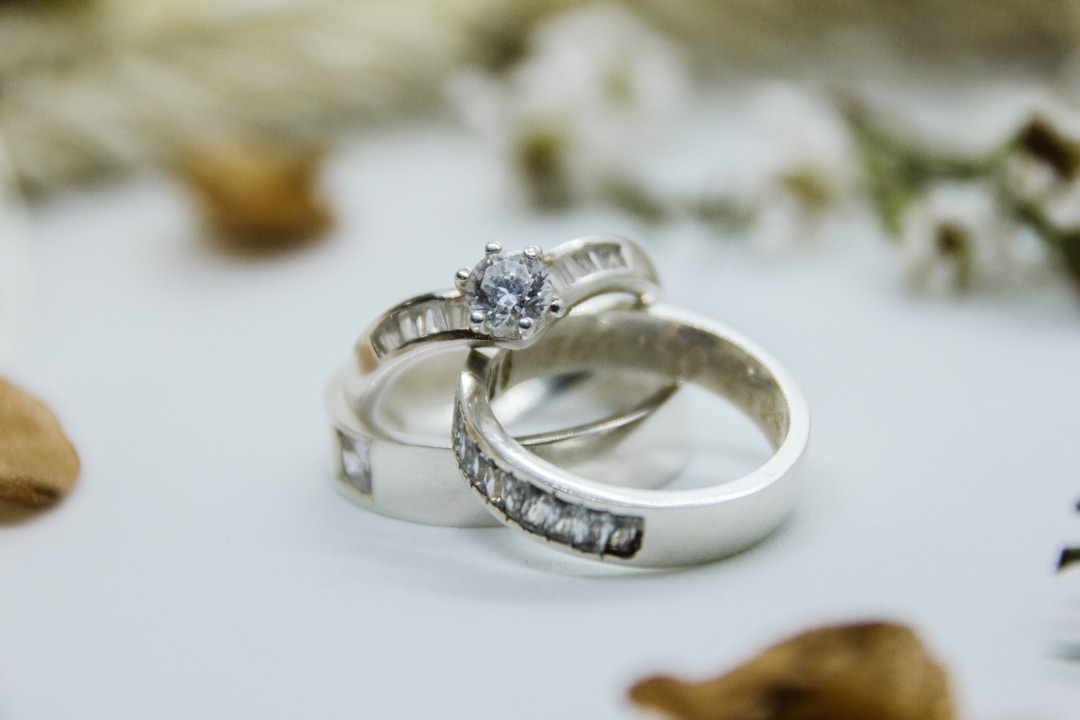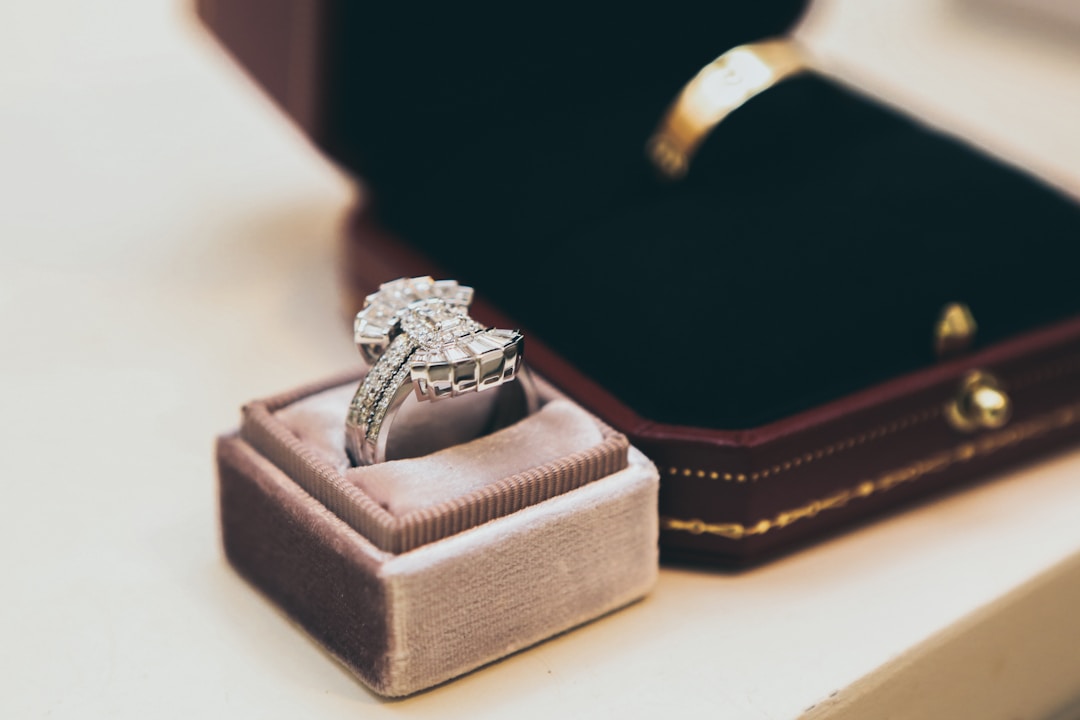Whether you just walked down the aisles and have your wedding rings or got a beautiful new bracelet for your anniversary, it is important to make sure that any jewelry is safe and accounted for. That's why while you are soaking in the beauty of that new diamond necklace or pearl necklace, you should remember to get it appraised.
What is a Jewelry Appraisal?

Whatever jewels you have come into possession of, be they a necklace or earrings, a jewelry appraisal is a must. An appraisal is a document that describes the jewelry, assesses its relative quality, and assigns a value to it. Descriptions of those jewels will include visible and measurable facts about the item, like the weight and the materials.
Most appraisals assess gemstone quality, rarity, and overall manufacturing. This is often done for insurance replacement purposes. This is to return the value of the item if it is lost. Insurance appraisals should reflect the realistic cost of replacing that jewelry.
In some cases, jewelers may be qualified to write insurance replacement appraisals on their stores' new arrivals. However, some appraisals can require more advanced training to assess a proper value.
Types of Appraisals

Appraisals can vary across the United States and very much fall on the type of appraisal you experience. Most appraisals are retail replacements determined by how much a jeweler would charge for a pendant necklace, earrings, or brooch.
According to the American Society of Appraisers, the process should:
- Stating the fair market value, replacement value, or liquidation value of the jewelry
- Description of the property being assessed
- Detail the procedures used to arrive at an estimate
- Specify the appraiser's qualifications
- Getting the appraiser's signature
Fair market value appraisals will reflect the actual selling price of a piece of jewelry to a willing buyer and seller when neither is looking to buy or sell the item. This represents the item's value in its current condition, generally required for estate appraisals upon passing a loved one or for a donation to charity.
Fair market values may run lower than the retail replacement value. That's because those values often reflect the cost to replace a used jewelry item with a new equivalent.
Immediate liquidation value appraisals usually reflect low values because of the situations that create their needs. This sprouts of if a necklace or pendants are caught in the crossfire of a divorce settlement or in estate liquidations. There are also less common types of appraisals, including probate and loan collateral appraisals.
Finding the Right Appraiser

There are no federal or state licensing requirements for jewelry appraisers like there are for real estate appraisers. That makes the process a little bit more difficult for the average person in the United States, as the research really falls on your shoulders.
Most jewelers don't have the instruments required to examine a stone properly. However, several industry groups require members to meet certain qualifications, including:
At the end of the day, your jewelry is important to you. Sentimental value is paramount, but knowing that if something were to happen to that favorite bracelet or ring or necklace is why an appraisal is necessary to recognize it for its monetary value.
- American Gem Society
- International Society of Appraisers
- National Association of Jewelry Appraisers
- Appraisers Association of America
- Accredited Gemologists Association
- American Society of Appraisers
At the end of the day, your jewelry is important to you. Sentimental value is paramount, but knowing that if something were to happen to that favorite bracelet or ring or necklace is why an appraisal is necessary to recognize it for its monetary value.


